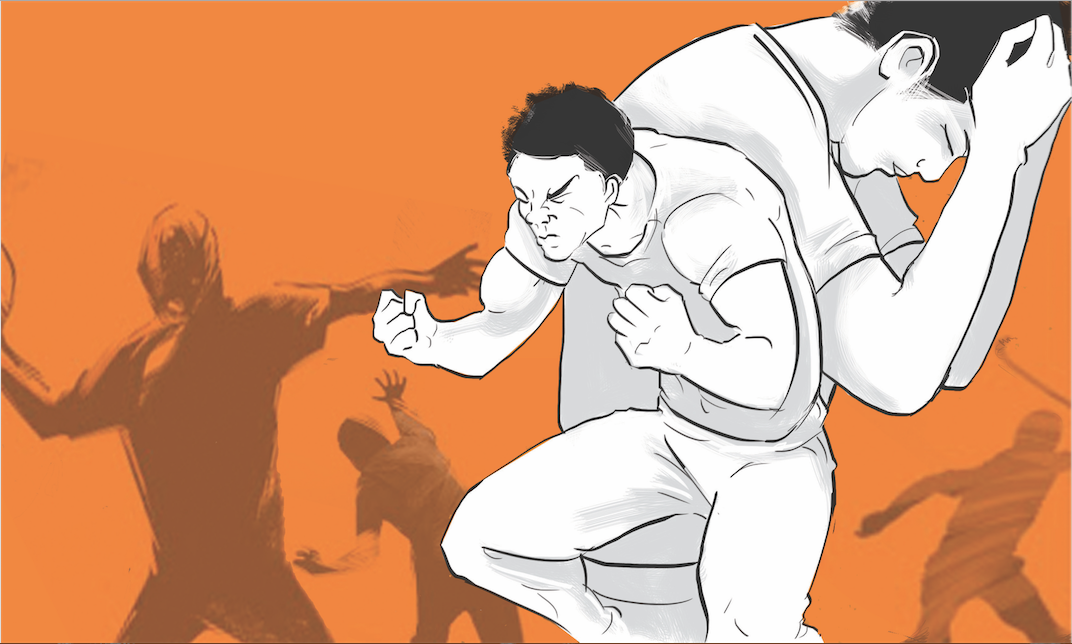

In the wake of recent violent crackdowns across Kenya, the disturbing consequences of state-led violence have begun to reveal themselves not only in bloodshed and destruction but in the invisible wounds carried by children.
While much of the public discourse has focused on the political and economic implications, an overlooked tragedy is quietly unfolding—the emotional and psychological trauma inflicted on young, innocent minds.
When protests turned violent in mid-2024 and again this year, Kenyan security forces responded with disproportionate force, including the use of live ammunition and tear gas in densely populated residential areas. Reports from human rights organisations and citizen journalists painted a grim picture: homes raided, schools disrupted, families separated and, in some cases, children killed or wounded by stray bullets.
There have been heartbreaking cases where children were shot while playing near their homes and others hospitalised after tear gas canisters exploded inside their classrooms. Although these incidents sparked brief outrage on social media, they barely touch the surface of the deep, long-lasting psychological trauma experienced by the affected children.
Explosive violence—whether from bullets, tear gas or armed raids—inflicts emotional wounds that are often invisible. Children exposed to such violence commonly suffer from chronic fear and anxiety.
Every day sounds, like a car backfiring or a door slamming, can trigger intense panic. Many also experience sleep disturbances and recurring nightmares, often reliving the traumatic events in their dreams, which can lead to insomnia or fear of the dark.
Learning becomes difficult when the mind is preoccupied with survival. With the current protests, schools have witnessed closure and studies have been paralysed. Violent protests create a stop-start pattern in learning that affects concentration and academic continuity. Learners may struggle to catch up, especially those preparing for national exams.
If the government fails to address the underlying issues that lead to protests, there is a risk that young students will begin to adopt the same protest mentality in their schools whenever they feel unheard. When children see that protests are the only way to gain attention or action, they may resort to similar behaviour. This not only disrupts learning but also normalises disorder as a means of problem-solving.
If the trend continues, the long-term consequence could be national instability—a future where potential leaders are shaped by chaos rather than constructive dialogue, ultimately threatening the foundation of the country itself.
Psychologists in Kenya have observed increased cases of post-traumatic stress disorder (PTSD) in minors, particularly those who witnessed violent arrests, saw bloodshed, or lost a parent or sibling during state operations. Without timely intervention, these children risk growing up with unresolved trauma that can affect their relationships, education, and even lead to cycles of violence in the future.
Children should never be collateral damage in political conflicts. As a nation, Kenya must reckon with the emotional wreckage left behind after every crackdown. Healing starts not just with ceasefires, but with empathy, support, and a commitment to protecting the minds and hearts of our youngest citizens.
Procurement assistant at Centre for the Study of Adolescence












